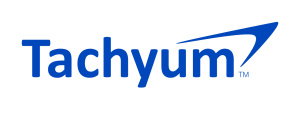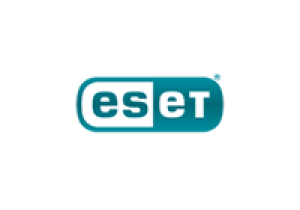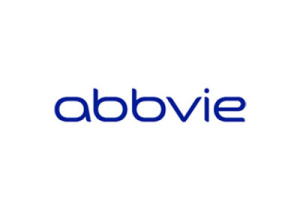
Marián Mlynarovič
Marián Mlynarovič obtained his Master degree at the Slovak Technical University in Computer Science in Bratislava and PH.D in Computer science from this university. After finishing his studies he started to gather his professional experience as a research worker in Slovak Academy of Science. His research interests covered Parallel computer systems and large scale database systems. Since 1996 he has been working for Digital, Compaq and then Hewlett-Packard as a business analyst and solution architect using his experience and skills to analyse, design and implement complex IT projects and deliver system integration projects in the public sector. Since 2004 he was focusing mainly on the technologies and projects related to Identification solution as the ePassports, National IDs and other identity documents. He has contributed to the successful setup of the Slovak National Personalisation Centre. He was also involved as a lead solution architect in several public sector projects, for example two major projects successfully implemented for Slovak Ministry of Interiors – implementation of National eID card solution and implementation of electronic vehicle registration solution. The latest professional interests of Marian is the developing of Solution architecture based on proven methodologies such as TOGAF, HP ITSA associate with Archimate modeling framework for the public sector. Marian has TOGAF Archimate 2 certificate and Elevating Enterprise Architecture certificate from Institute of Leadership & Management.
Sign in to Autumn ITAPA 2024
-
Mobile electronic identification (MeID) | Medzinárodný kongres ITAPA 2014: Future is TODAY
Mobile electronic identification – alternative authentification resource for an access to eGovernment services and commercial services
Electronic identity card (eID) is the preferred medium for electronic identification to services in the area of eGovernment in Slovakia and replaced authentication based on name and password insertion. There is also expected an acceptance of eID to access electronic services in the commercial sector, too. Mobility as a concept that allows users to access electronic services from anywhere and at any time is an important accelerator of increasing the comfort of users to access services. Where security for access to services can't be subject for a compromise, and it requires formal identification of the user, mobile eID can play an important role in the increased number of usage of electronic services. Mobile eID is a complementary concept, which combines the advantages of conventional eID cards and mobile devices. Mobile eID will serve as an alternative medium of creating a secure channel to access e-government e-services and commercial sector. Traditional form of eID (polycarbonate smart card format ID1) as the authentication token for access to electronic services is basically incompatible with the mobile devices, despite the undeniable advantages. In this presentation we will discuss key alternatives for implementing MeID using the standard technology and components of mobile devices such as NFC and microSD card.
-
Key aspects of managing implementation of projects in public administration | Kongres ITAPA 2004
-
Electronic management of public administration - eGovernment solutions | Kongres ITAPA 2003




















